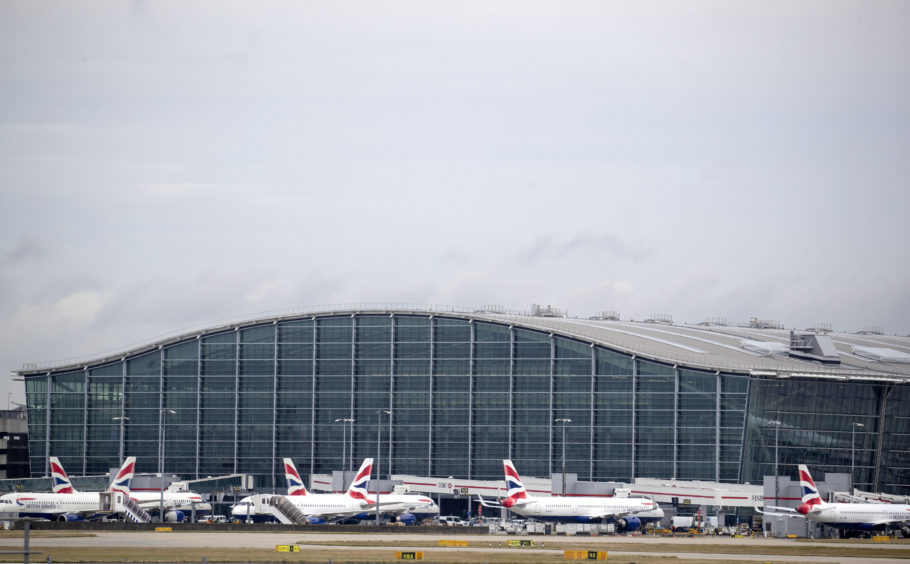
The Oil and Gas Authority (OGA) has set an example for industry by cutting its own carbon emissions by 13% – but still clocked up almost 850,000 miles in business travel in 2019-20.
The regulator managed to reduce its emissions to 213.37 tonnes of CO2 equivalent in the 12 months to March 31 2020 from 245.08 tonnes the previous year.
It said the improvement was mainly delivered through a reduction in business travel.
Work trips contributed 163.13 tonnes of CO2 equivalent to the OGA’s emissions total in 2019-20, 26.79 tonnes fewer than in 2018-19.
The regulator’s staff members flew 780,690 miles for business travel during the reporting period.
When rail transport is added on, they racked up a whopping 842,603 miles.
The regulator has challenged industry to make greater strides in its efforts to cut emissions from operations and help develop low carbon technologies like carbon capture and storage and hydrogen.
It has extended benchmarking to include emissions data showing operators how they’re performing in areas like flared gas and emissions.
In addition, the OGA is refreshing its core strategy to include a requirement for industry to help the UK Government achieve its target of net-zero emissions by 2050.
The OGA, which is funded via a levy on UK continental shelf (UKCS) oil and gas licence holders, said it would seek to minimise its own carbon footprint where possible.
It included business travel data for the first time its latest full-year accounts, which were signed off in June and published by Companies House earlier this month.
Asked whether its mileage total was justified, a spokesman for the regulator said: “The OGA has already made a significant reduction in carbon emissions. However, we know that more must be done.
“Going forward, we will continue to assess our working practices and ensure that travel is only undertaken when it is necessary.
“However, the OGA has offices in Aberdeen and London, with necessary travel between the two, and a remit to promote investment which occasionally calls for international travel.
“We keep this to a minimum, and always consider the impact before going ahead.”
Also in its accounts, the OGA said its work with industry and government had delivered a number of “successes” during the 12 months, including facilitating £1.1 billion of additional investment in the UKCS, up from £850 million in 2018-19.
In his statement, chief executive Andy Samuel said the OGA remained focused on working with industry and government to safeguard energy supply and infrastructure.
Mr Samuel acknowledged the sector had been “hit hard” by the Covid-19 pandemic and crude price crash, but said the industry had responded well to the crisis to provide a secure supply of energy.
Mr Samuel also believes the recovery from the pandemic is a “golden opportunity” for the sector to shape the future of significant parts of the UK economy.
But he said the UK oil and gas industry must go “further and faster” to reduce its footprint.
He warned: “Society demands this now and it could be industry’s last chance, given the industry’s social licence to operate is in real danger of disappearing.”
Mr Samuel’s total pay for 2019-20, including his bonus, was £335,000-340,000, an increase of £5,000 on the previous year.
Recommended for you

